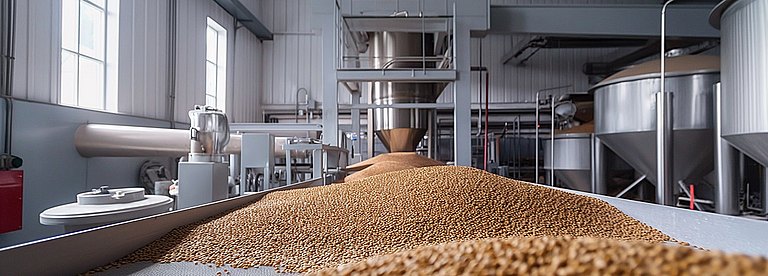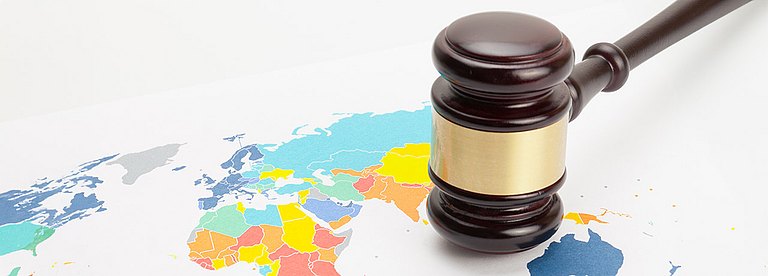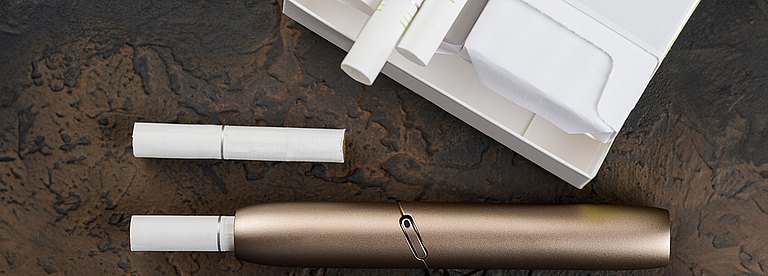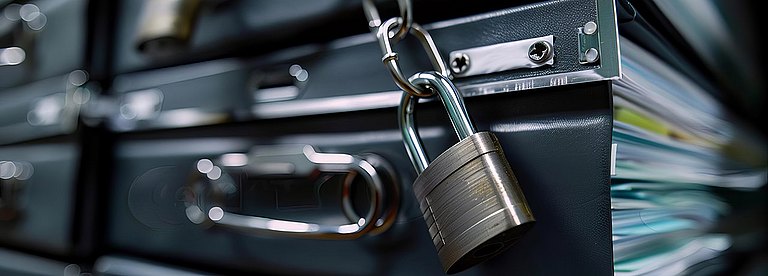On May 7, 2024, the Federal Court of Justice (Bundesgerichtshof – BGH) gave its opinion on the calculation of claims for damages in a landmark decision (case ID: X ZR 104/22, Steam Dryer System – “Verdampfungstrockneranlage”). The case concerned the infringement of a European patent for a system that uses superheated steam for drying. The patent is validated in many European countries. A Danish system manufacturer – the exclusive licensee of the patent in question – filed a lawsuit against a German competitor.
The defendant managed the project from Germany, built the system, advertised it, and made a profit there. However, the system was installed at the premises of a customer of the defendant in Sweden, where the patent has no effect (anymore). The claimant conducted inspection proceedings in Braunschweig, at the registered office of the defendant, in accordance with Section 140c Patent Act (Patentgesetz – PatG). Düsseldorf Regional Court (Landgericht) and Düsseldorf Higher Regional Court (Oberlandesgericht) found the defendant guilty of patent infringement for offering the infringing system in Germany (back in 2012).
The claimant filed assessment proceedings before Braunschweig Regional Court to determine the amount of damages to be paid. Braunschweig Regional Court and Braunschweig Higher Regional Court rejected the payment of damages. An appeal was denied.
Following a successful appeal against denial of leave to appeal, the Federal Court of Justice, in the appeal proceedings, came to the conclusion that profits made from the execution of a contract that is causally linked to a patent-infringing offer must be considered when calculating damages, even if the contract was performed in a patent-free country. Furthermore, the Federal Court of Justice found that a claim for damages also exists if the defendant could supposedly have achieved the same economic result through non-infringing actions. In addition, the court held that the claimant can choose the “reasonable license fee” calculation method even if there is no relevant licensing practice in the industry.
The attorneys-at-law in the case were Dr. Anton Horn, Birthe Struck, and Dr. Sabine Dethof (all HEUKING). On the patent attorney side, Danish colleagues Jan Sørensen and Hendrik Sten Nielsen (both BUDDE SCHOU A/S) as well as Andreas Thielmann (infringement proceedings and assessment proceedings) and Jan Ackermann (inspection proceedings) from COHAUSZ & FLORACK were involved.
Picture credits: Nittaya_AdobeStock.com




